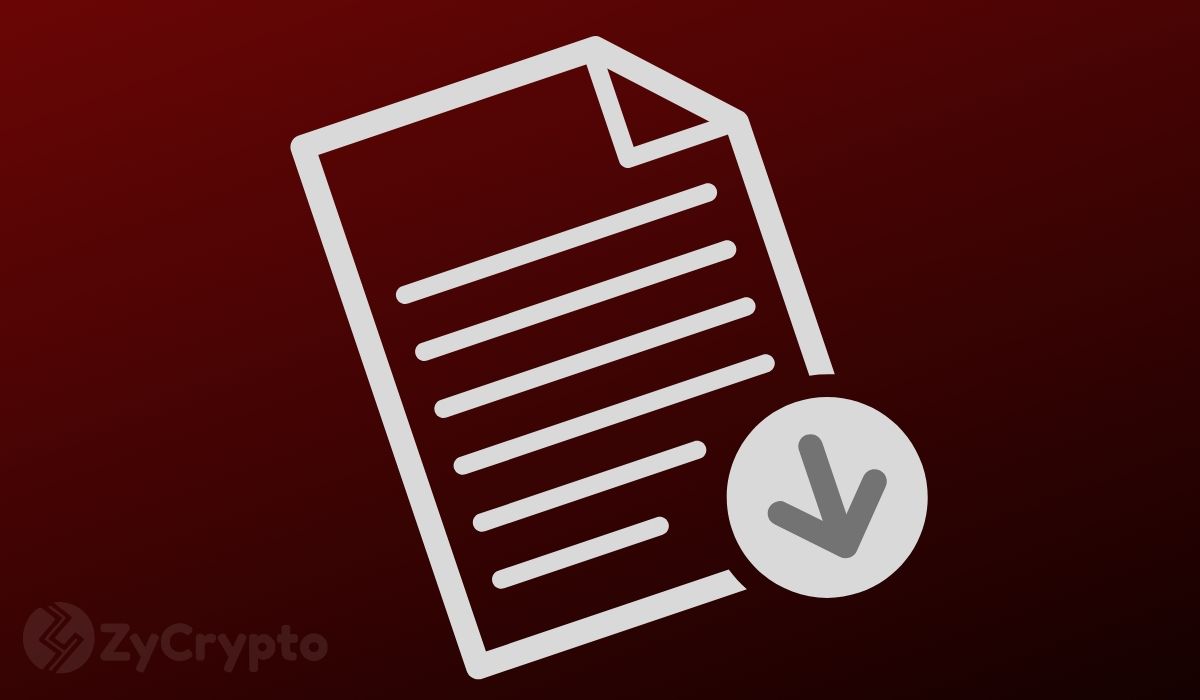Two days ago, the Supreme Court overturned the Reserve Bank of India’s cryptocurrency ban after determining that the decision was unconstitutional. This ruling was viewed as a major win for the cryptocurrency industry in the world’s second-most populous country. Some of the major crypto exchanges in the country have now resumed direct bank deposits and withdraws following this landmark ruling.
However, the Reserve bank of India is planning to appeal to the Supreme Court’s decision. Apparently, the Central bank is worried that India’s banking system could be at risk if cryptocurrency trading is allowed.
Several Indian Crypto Exchanges Resume Direct Fiat Deposits
Shortly after the Supreme Court’s decision to restore cryptocurrency trading in India, some exchanges announced that they were reinstituting services like direct bank deposits and withdrawals.
Notably, Mumbai-based crypto exchange CoinDCX was the first to add bank account transfers just hours after the ban was removed. The exchange tweeted on March 4 that users can buy cryptocurrencies using the rupee.
Unocoin exchange resumed Indian Rupee (INR) deposits and withdrawals yesterday, March 5. Wazir exchange, which has close ties to Binance, also announced that it had re-introduced INR deposits.
The resumption of crypto services comes after the Supreme court’s decision to revoke the controversial ban on crypto that barred banks from offering any services to exchanges and other crypto-related firms.
The cryptocurrency ban had seriously crippled crypto operations in India with volumes ebbing away with each passing day. Moreover, an inter-ministerial group had suggested a complete ban of cryptocurrencies in India early last year. The panel also recommended hefty fines and imprisonment for anyone caught dealing with digital assets. This further worsened the situation to the extent that many crypto exchanges like Zebpay migrated to other welcoming countries without stifling bans.
As reported by ZyCrypto earlier, the top court’s verdict was seen as a victory owing to the fact that India has a massive population of unbanked people. Allowing cryptocurrency trading is thus expected to attract a significant percentage of this population.
Nonetheless, the Reserve Bank of India (RBI), the country’s Central bank, is set to file a petition to reinstate its cryptocurrency ban.
Unrelenting, RBI To Challenge Supreme Court’s Verdict
According to sources familiar with the matter, RBI has decided to challenge the verdict of the Supreme Court. This was reported by the news outlet, the Economic Times on Friday (March 6, 2020).
The Central bank fears that re-opening cryptocurrency trading in the country could have dire consequences for India’s banking system.
As per the rules put in place by the Supreme Court, petitions for reviews should be filed not more than 30 days after the verdict is given. But, unless the bank sufficiently proves that cryptocurrency operations hinder the growth of banks, it is likely that the Supreme Court will not change its ruling on Wednesday.
In fact, the Central Bank could be in legal trouble. One attorney representing a cryptocurrency firm noted that several cryptocurrency firms in India went bankrupt following RBI’s ban. As such, they could now seek legal action against the bank now that the Supreme Court overturned the ban.







